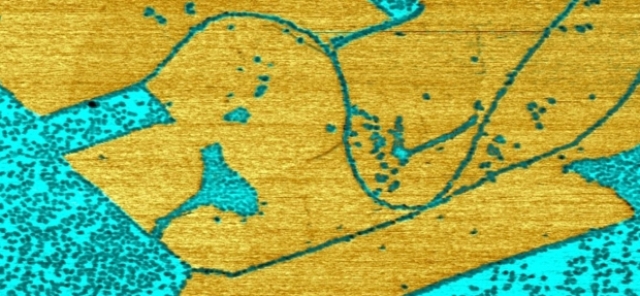Jun 26 2015
The National Physical Laboratory and The University of Manchester have collaborated by conducting the Graphene UK Standardisation Workshop at the National Graphene Institute (NGI) in order to guide commercial organisations with regards to graphene standardisation.

The amazing wonder material graphene, the world’s highly conductive, ultra-strong and thinnest material is becoming highly popular. As suggested by a recent estimate, graphene has over 600 varieties and commercial organisations intending to use this nanomaterial can find it difficult to decide where to begin. The researchers collated important figures from the graphene supply chain in order to prepare a white paper and talk about next steps in developing a graphene centre of excellence, which will have characterisation, metrology and standardisation as its focus. The centre will be based at the NPL and NGI, however will use the capabilities of other industries and institutes.
Standardisation is critical for commercialising any novel technology, for guiding organisations, which guarantee the safety and quality of components, materials and products for both the end consumer and supply chain manufacturers. Graphene can differ in its number of layers, in the manner, in which it is produced, and in terms of quality, as certain applications need a higher quality when compared to others.
There are different types of graphene and different ways of producing it. You have to make sure you are speaking the same language.
T Janssen, NPL Fellow in Quantum Electrical Metrology
The withe paper hope tp establish the common language of graphene.
Graphene manufacturers, researchers, suppliers, SMEs and government funding agencies are involved in this workshop to collate as comprehensive a picture as possible of the issues due to the absence of defined criteria.
As was elaborated by Janssen in his presentation, it is important for the customer to work out the application being proposed, the characteristics of graphene that can be exploited, and the tool for performance measurement before deciding on any standards. It is a complex and a tedious task.
It has been really good to gather this group together and get a collective UK perspective. CPI shares a common good with the NGI and this community to help bring graphene products to market. We are delighted to be working with The University of Manchester and NPL on this common challenge.
Tom Taylor, Director of New Business at the Centre for Process Innovation
James Baker, Graphene Business Director at The University of Manchester, informed the participants that this collaboration is key to creating standard for graphene. He said: "This event is to bring together the graphene community to address this significant challenge. The partnership between the University and NPL is the best way to achieve this, and is a very important step in the commercialisation of graphene."
Industry-focused events are being conducted at the National Graphene Institute opened in March 2015 and this Graphene UK Standardisation Workshop is one of those events. The £61M building will witness commercial organisations and academicians working hand in hand to produce future graphene applications.
This whole week, companies have been attending several industry workshops in order to determine how they can collaborate with the NGI and work with graphene. These workshops have been planned along with the Graphene Week 2015, which is a popular international academic conference held at the University of Manchester.
On receiving suggestions and ideas from the graphene community, the White Paper will be presented to the government to discuss on future grants for the establishment of a graphene standards centre.
References